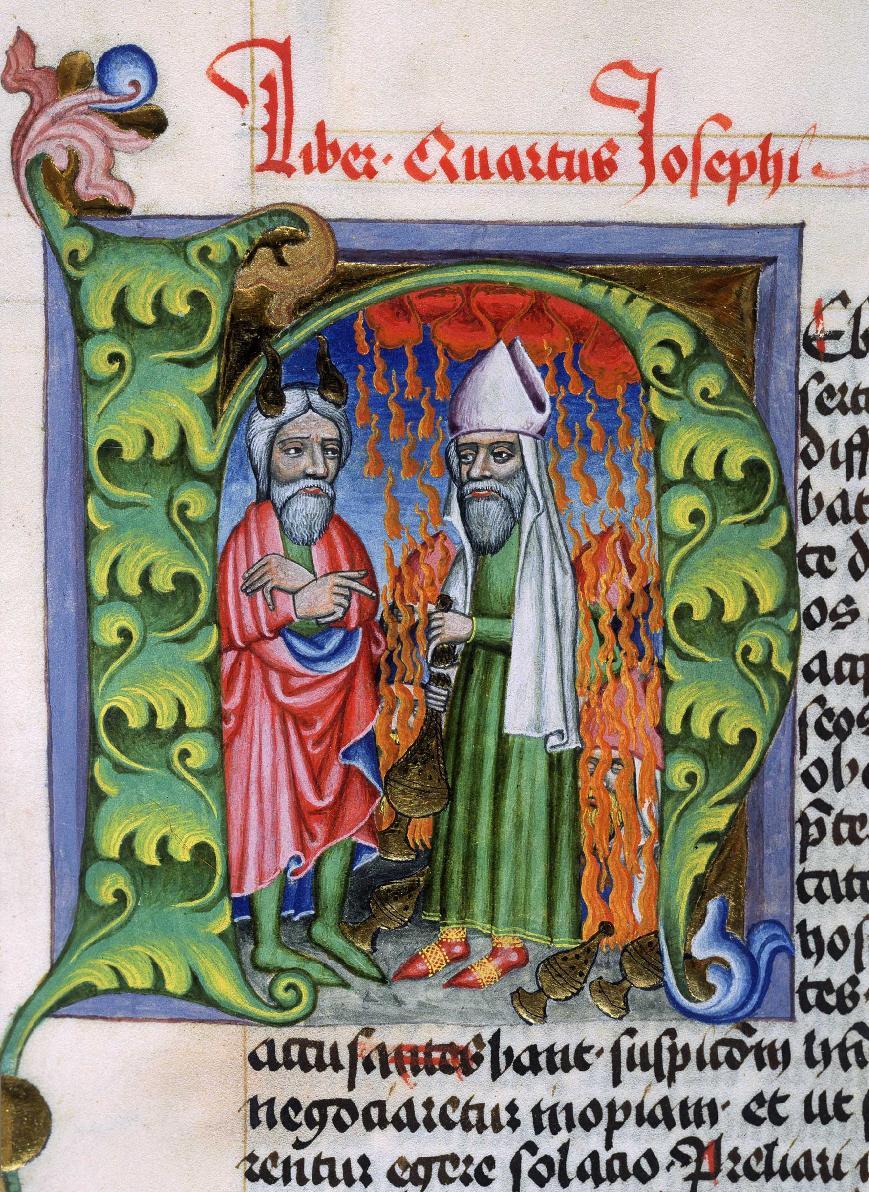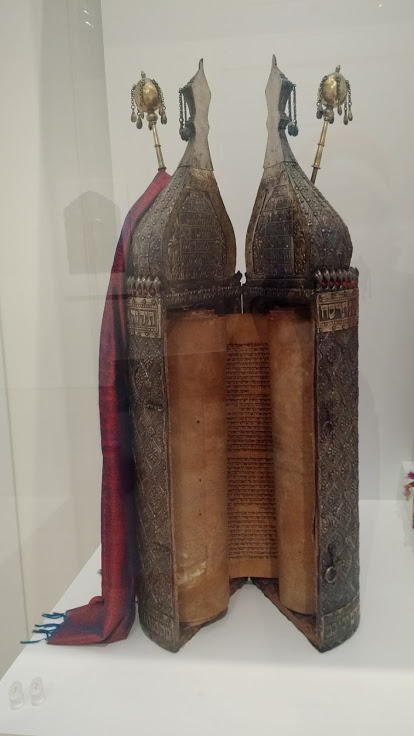|
Al-Ankabut
The Spider (, ) is the 29th chapter (''surah'') of the Quran with 69 verses ('' āyāt''). Regarding the timing and contextual background of the revelation (''asbāb al-nuzūl''), it is a "Meccan surah", which means it is believed to have been revealed in Mecca, instead of later in Medina. It was revealed around 2-3 years before Hijrah, in a later stage of Muhammad preaching in Mecca. The surah states that Nuh, Ibrahim, Lut, Shuaib, Hud, Saleh, Musa and Muhammad all were prophets of God. All of them endured hardships. For example, Noah was ridiculed often and Abraham was thrown into the fire. But God destroyed their people who transgressed. Verse 40 says So each We punished for his sin; of them was he on whom We sent down a violent storm, and of them was he whom the rumbling overtook, and of them was he whom We made to be swallowed up by the earth, and of them was he whom We drowned; and it did not beseem Allah that He should be unjust to them, but they were unjust t ... [...More Info...] [...Related Items...] OR: [Wikipedia] [Google] [Baidu] |
List Of Chapters In The Quran
The Quran is divided into 114 surahs, and 6,236 (excluding "Bismillah") or 6,349 (including Bismillah") ayahs. Chapters are arranged broadly in descending order of length. For a preliminary discussion about the chronological order of chapters, see Surah. Each surah except the ninth ( At-Tawba) is preceded by a formula known as the '' basmalla'' or '' tasmiah'', which reads ' ("In the name of Allah Allah ( ; , ) is an Arabic term for God, specifically the God in Abrahamic religions, God of Abraham. Outside of the Middle East, it is principally associated with God in Islam, Islam (in which it is also considered the proper name), althoug ..., the Most Gracious, the Most Merciful."). In twenty-nine surahs this is followed by a group of letters called "'' muqaṭṭa'āt''" (lit. "abbreviated" or "shortened"), unique combinations of a few letters whose meaning are unknown. Table of surahs * Makkan surah * Medinan surah * Nöldeke Chronology * Bazargan chronology ... [...More Info...] [...Related Items...] OR: [Wikipedia] [Google] [Baidu] |
Meccan Sura
A Meccan surah is, according to the timing and contextual background of their revelation (''asbāb al-nuzūl'') within Islamic tradition, a chronologically earlier chapter ('' suwar'', singular ''sūrah'') of the Qur'an. The traditional chronological order attributed to Ibn Abbas became widely accepted following its adoption by the 1924 Egyptian standard edition. The Meccan chapters are believed to have been revealed anytime before the migration of the Islamic prophet Muhammad and his followers from Mecca to Medina ('' Hijra''). The Medinan surahs are those revelations which occurred after the move. There are 86 makkan surahs. Meccan surahs are typically shorter than Medinan surahs, with relatively short verses ('' āyāt''), and mostly come near the end of the Qur'an. (As a general rule, the chapters of the Qur'an are ordered from longest to shortest.) Most of the chapters containing Muqatta'at are Meccan, Except 2, 3 and 13. The chapters are divided into "Meccan" and "Medinan ... [...More Info...] [...Related Items...] OR: [Wikipedia] [Google] [Baidu] |
Allah
Allah ( ; , ) is an Arabic term for God, specifically the God in Abrahamic religions, God of Abraham. Outside of the Middle East, it is principally associated with God in Islam, Islam (in which it is also considered the proper name), although the term was used in pre-Islamic Arabia and continues to be used today by Arabic-speaking adherents of any of the Abrahamic religions, including God in Judaism, Judaism and God in Christianity, Christianity. It is thought to be derived by contraction from ''Arabic definite article, al-Ilah, ilāh'' (, ) and is linguistically related to God's names in other Semitic languages, such as Aramaic ( ) and Hebrew language, Hebrew ( ). The word "Allah" now conveys the superiority or sole existence of Monotheism, one God, but among the Religion in pre-Islamic Arabia#Role of Allah, pre-Islamic Arabs, Creator deity, Allah was a supreme deity and was worshipped alongside lesser deities in a Pantheon (religion), pantheon. Many Jews, Christians, and ea ... [...More Info...] [...Related Items...] OR: [Wikipedia] [Google] [Baidu] |
Tafsir Ibn Kathir
(), commonly known as ' (), is the Qur'anic exegesis (') by Ibn Kathir. It is one of the most famous Islamic books concerned with the science of interpretation of the Quran. It also includes jurisprudential rulings, and takes care of the hadiths and is famous for being almost devoid of Israʼiliyyat. It is the most followed tafsir by Salafists. Background Ibn Kathir did not specify the date of his beginning in commentary, nor the date of its completion, but some deduce the era in which he composed it based on a number of evidence; Of which * That he composed more than half of the exegesis in the life of his sheikh al-Mazzi (died 742 AH), based on the fact that he mentioned when interpreting Surat al-Anbiya his sheikh al-Mazzi and prayed for him for a long life. * Abdullah Al-Zayla’i (died 762 AH) quoted him in his book Takhreej Ahadith al-Kashshaf, which indicates that it was spread before the year 762 AH. * It is likely that he finished his exegesis on Friday, 10 Ju ... [...More Info...] [...Related Items...] OR: [Wikipedia] [Google] [Baidu] |
The Clear Quran
Mustafa Khattab is a Canadian–Egyptian Muslim scholar, imam, and university chaplain. He holds a professional ijâzah in the Ḥafṣ style of recitation. He is known for his translation of the Quran in "The Clear Quran" series. Career He is a Canadian-Egyptian authority on interpreting the Quran. He was a member of the first team that translated the Ramadan night prayers (Tarawîḥ) live from the Sacred Mosque in Mecca and the Prophet's Mosque in Medina (2002-2005). Khattab memorized the entire Quran at a young age, and later obtained a professional ijâzah in the Ḥafṣ style of recitation with a chain of narrators going all the way to Muḥammad (SAW). He received his PhD, M.A., and B.A. in Islamic Studies in English with Honors from Al-Azhar University's Faculty of Languages & Translation. He lectured on Islam at Clemson University (OLLI Program, 2009–2010), held the position of Lecturer at Al-Azhar University for over a decade starting in 2003, and served as the Musl ... [...More Info...] [...Related Items...] OR: [Wikipedia] [Google] [Baidu] |
Sale's Text
George Sale (1697–1736) was a British Orientalist scholar and practising solicitor, best known for his 1734 translation of the Quran into English. In 1748, after having read Sale's translation, Voltaire wrote his own essay "De l'Alcoran et de Mahomet" ("On the Quran and on Mohammed"). For ''A General Dictionary, Historical and Critical'', an English translation and enlargement of Pierre Bayle's ''Dictionnaire historique et critique'', Sale supplied "Articles relating to Oriental History". Biography Born in Canterbury, Kent, he was educated at the King's School, Canterbury, and in 1720 became a student of the Inner Temple. It is known that he trained as a solicitor in his early years but took time off from his legal pursuits, returning at need to his profession. Sale was an early member of the Society for Promoting Christian Knowledge. Sale became seriously ill with fever for eight days before his death. George Sale died at Surrey Street, The Strand, London, on 13 Novem ... [...More Info...] [...Related Items...] OR: [Wikipedia] [Google] [Baidu] |
Qárún
Korah ( ''Qōraḥ''; ''Qārūn''), son of Izhar, is an individual who appears in the Biblical Book of Numbers of the Old Testament (Hebrew Bible) and four different verses in the Quran, known for leading a rebellion against Moses. Some older English translations, as well as the Douay–Rheims Bible, spell the name Core, and many Eastern European translations have "Korak" or "Korey". The name Korah is also used for at least one other individual in the Hebrew Bible: Korah (son of Esau). In the Torah Genealogy Exodus cites Korah as being the son of Izhar, son of Kehath, son of Levi. lists his three sons. Korah's brothers through Izhar were Nepheg and Zichri. connects this Korah with Hebron, Uzziel and Amram, who were his father's brothers (Izhar son of Kohath). 1 Chronicles , and , repeat this genealogy; however, this reference could have been inspired by the Exodus genealogies. Numbers traces this lineage back further to Levi, son of the patriarch Israel. According ... [...More Info...] [...Related Items...] OR: [Wikipedia] [Google] [Baidu] |
Thamúd
The Thamud () were an ancient tribe or tribal confederation in pre-Islamic Arabia that occupied the northwestern Arabian Peninsula. They are attested in contemporaneous Mesopotamian and Classical inscriptions, as well as Arabic ones from the eighth century BCE, all the way until the fifth century CE, when they served as Roman auxiliaries. They are also later remembered in pre-Islamic Arabic poetry and Islamic-era sources, including the Quran. Prominently, they appear in the Ruwafa inscriptions discovered in a temple constructed circa 165–169 CE in honor of the local deity, ʾlhʾ. Islamic sources state that the Thamud were an early Arab tribe that had gone extinct in ancient days. Thamud appears twenty-six times in the Quran, where the tribe is presented as an example of an ancient polytheistic people destroyed by God for their rejection of God's prophet Salih. In the Quran, Thamud is associated with a pattern of rebellion and destruction of past groups of people. This is ... [...More Info...] [...Related Items...] OR: [Wikipedia] [Google] [Baidu] |
Scriptures In Islam
Islamic holy books are certain religious scriptures that are viewed by Muslims as having valid divine significance, in that they were authored by God (Allah) through a variety of prophets and messengers, including those who predate the Quran. Among the group of religious texts considered to be valid revelations, the three that are mentioned by name in the Quran are the Tawrat (Arabic for Torah), received by prophets and messengers amongst the Israelites; the Zabur (Psalms), received by David; and the Injeel (Arabic for the Gospel), received by Jesus. Additionally, the Quran mentions God's revealing of the Scrolls of Abraham and the Scrolls of Moses. Muslims hold the Quran, as it was revealed to Muhammad, to be God's final revelation to mankind, and therefore a completion and confirmation of previous scriptures, such as the Bible. Despite the primacy that Muslims place upon the Quran in this context, belief in the validity of earlier Abrahamic scriptures is one of the six Islami ... [...More Info...] [...Related Items...] OR: [Wikipedia] [Google] [Baidu] |


